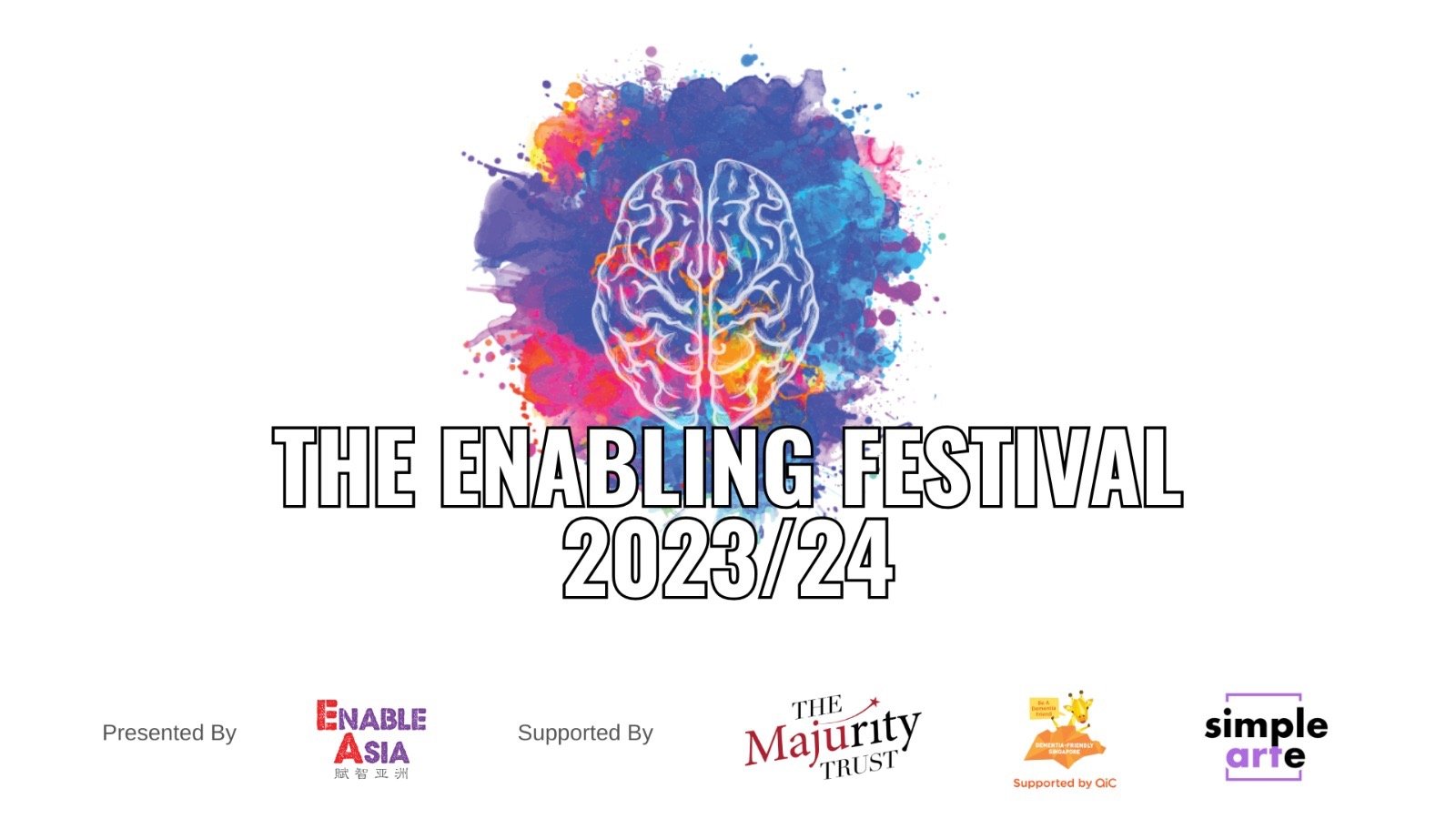
A familiar scent will allow you immediate access to that deep hidden memory box
Every living moment around us has its own unique scent.
It is the alchemy of memory.
Where you want to be today?
The Enabling Festival, since its inauguration in 2018, has anchored its festival themes on the five senses. Through exploration of these senses in various thought provoking, and quirky programmes, the Festival hopes to engage the public and start them thinking about how the senses can enable them and their caregivers to carry on this journey of caring in more fun and meaningful manner. The Festival, has since curated programmes involving Sight (2019), Sound (2020) ,Taste (2021), Touch (2022) This year, we will be focusing on Smell.
The sense of smell is closely linked with memory, probably more so than any of our other senses. Those with full olfactory function may be able to think of smells that evoke particular memories.
What is your most memorable smell?
100-Scented Story
The festival will present a “Scented Story” installation at Punggol Regional Library located within Punggol Town Hub or One Punggol from 17th September to 30th September 2023 and Jurong Regional Library from 2nd October to 31st October 2023.
We hope this installation will trigger memories that have been buried deep inside you.
The public is encouraged to come forward and share their stories about how scent is pivotal in triggering fond memories for them and their loved ones.
You can read and contribute to the 100 “Scented Stories” here. Support your favourite stories with a “heart”.
How can smell/scent be used in our interaction with our loved ones?
We could intentionally use smell or scent to trigger happy thoughts, empower memories, and balance emotions. For example, the smell of cooking sambal or frying onions can trigger happy and memorable thoughts and these can lead to great conversations.
We can create happy memories, because we purposefully associate smells with them. So, each time we encounter these smells it is a callback to those happy feelings.
“Scentimental” - Scent & Memories
Q: Does loss of smell have anything to do with dementia?
A: Smells and diseases - Smell dysfunction is thought to sometimes be an early sign of cognitive decline.
Q: How does smell affect memory?
A: Smells are important! Even from young. Babies need to recognise their mothers for survival and vice versa. Mothers can recognise and remember their own babies’ scent; babies can also recognise and remember their mother’s scent.
Positive Versus Negative
Scents can evoke positive emotions. Matsunaga et al found that when men and women aged 21–38 were presented with the scent of a perfume that had a personal memory for them. They experienced more positive emotions, increased moods of comfort and happiness, and a decrease in anxiety. As compared to when another pleasant fragrance, which did not elicit personal memories, was presented to them.
When war veterans were exposed to three smells: the scent of diesel (often linked to wartime traumatic experiences), vanilla; and hydrogen-sulphide. It was found that diesel smell caused increased in the blood flow to their amygdala or fear center.
Q: What is the connection between scent and memory?
A: The link between smell/scent and memory is complex.
Senses are the inputs to help us form memories. Our senses pick up information and information goes into the brain and travels to relevant areas for processing. When we hear a sound, it goes into the ears, into the thalamus, then travels upwards into the auditory-cortex, where it is processed.
With smells or scents, interestingly, the pathway is more direct; smell-related neurons in the nose extend directly into the olfactory-cortex, where it is processed. The area is linked to the emotional center and memory center.
Q & A with Dr Kamun Tong, Geriatric Visiting Consultant at St Luke’s Hospital
Interesting scent related workshops
Sign up for workshops happening during The Enabling Festival 2023 for a small fee to support the cause!



